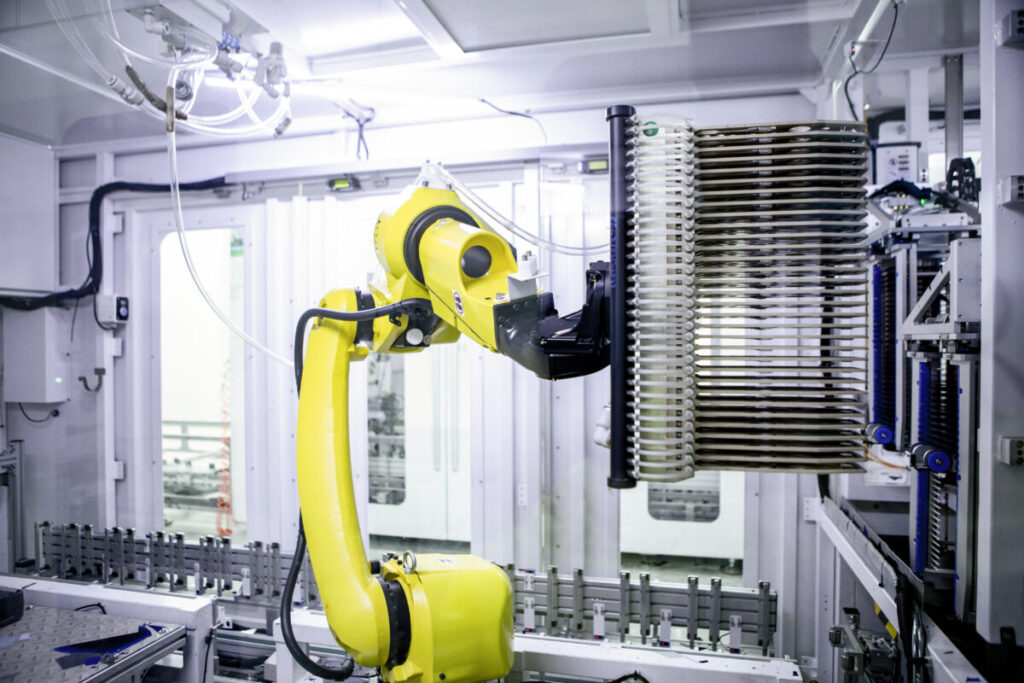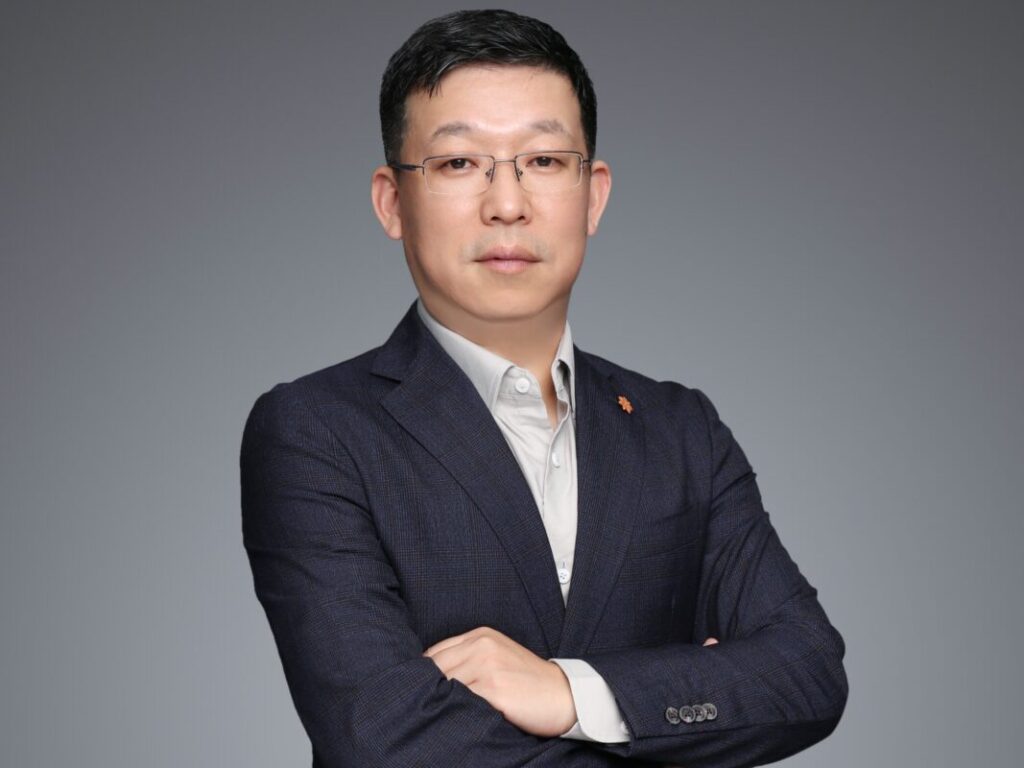
The last 12 months have been an active year for leading Chinese module manufacturer Astronergy. On the one hand, the company broke new ground in global markets, shipping 1GW of n-type modules to projects in Algeria, and contributing to the Mohammed bin Rashid Al Maktoum solar plant in the UAE, the world’s largest single-site solar project. Astronergy was also ranked among the top ten module manufacturers by market analyst Wood Mackenzie.
However, the latter half of the year saw the company embroiled in one of the PV industry’s ongoing patent disputes, as actors across the industry have sought to tighten up protection of various intellectual properties (IPS).
Try Premium for just $1
- Full premium access for the first month at only $1
- Converts to an annual rate after 30 days unless cancelled
- Cancel anytime during the trial period
Premium Benefits
- Expert industry analysis and interviews
- Digital access to PV Tech Power journal
- Exclusive event discounts
Or get the full Premium subscription right away
Or continue reading this article for free
At the start of this year, PV Tech spoke to Astronergy chief marketing officer Samuel Zhang about the company’s successes in 2024, the impact of the patent disputes on the solar industry as a whole, and what he expects from the company in the coming year, as it looks to expand its global footprint.
PV Tech: What progress did Astronergy make in 2024? How does the year compare to previous years for the company?
Samuel Zhang: We have had some positive things and some negative things. We realised a shipment of solar modules globally of 40GW; I think that number is around 40% higher than what we did in 2023 [and] that’s a pretty good number. We increased the number of countries we reached in 2024, which was a little more than 100; the number of countries we sold to in 2023 was 85, and from this figure we can see we reached more areas globally, and I think those are good points.
We initiated and realised commercial operation of our Turkish factory [which is] just the beginning stage. The next step is for further investment; we’re now in negotiations with the Turkish government and hopefully we can get their permit to do more investment.
Another new breakthrough is in the Middle East and Africa. Last year, we delivered 1.5GW to Masdar, [for] one of the largest solar plants in the world, of 2.4GW. Last year, we shipped the first half and this year we’ll ship the second half. That’s a good story for us; before, we were not very active in the Middle East, we were more focused on Asia, Europe and the US, and in the Middle East that was a very successful story for us in 2024.
What challenges remain looking ahead into 2025, and how do you plan to overcome them?
The big challenge for Astronergy, and for everybody else, is profits. There was [a lot of] oversupply that happened last year, so you can really struggle out of that. If you change the financial models, as some manufacturers have done, it seems like they have a good profit, but actually they combined all of their investments into projects together. Our project team did a very good job with high profits in the Chinese market and other markets, but if you’re talking about the pure manufacturing segment, I don’t think anybody can make a good profit.
But to us it was not too bad … we almost broke even, with a minor profit, so that was not bad. The oversupply situation will last for the next few years, because currently the whole industry has around 1000 GW capacity from silicon to the modules, that can be used to produce the products for the markets. The pressure of the profits is always the big challenge.
Our cash flow is still healthy. I saw some companies are facing the cash flow issue, but last year, we still had a very successful cash flow.

How would you describe the European market at present? Is there still potential for Astronergy in the region?
We have some problems of inventory again [in Europe]. In 2023, there was a very serious inventory problem … but we have inventory issues again. The main issues are in the European residential market, in Holland [and] Germany, and that is not good for residential [solar]. The subsidies for residential solar may have dropped a lot, so the investment in the residential systems was not attractive to the people.
I still remember one of our German customers, who told me … since last year, starting from 2023, even the German people have a fear of uncertainty for their future. They are very hesitant to take money to make further investments. Also, the financial situation with the interest rates at a high rate will [cause] hesitation in peoples’ investment decisions, as well.
Generally speaking, in the European market, although still one important market outside of China, the growth will be much slower than in the past years.
Have the ongoing patent battles affected your operations at all? How has the recent string of lawsuits affected the global market as a whole?
We treat patent issues as a serious topic. We respect the IP of others do a lot of research and development (R&D) work, have got and will get a lot of IPs ourselves.
The case that happened last year affected our business on a very small scale; at that time, on one side I was very nervous about that but on the other side, we had very active communication with our customers. Some customers had learned the patent issue was not only between JA and Astronergy; at that time, we talked about that, and what happened to others, and everybody in the world [saw] that was not good.
[This] makes everyone full of a lot of uncertainty. The buyers, for example, don’t know who, in the future, will be involved in these patent issues. Now we can see 50-60% [of manufacturers involved] – and there are some new cases coming out – so maybe everybody [will be involved]. That brings another challenge and difficulty for people to decide who they should buy the module from.
What opportunities exist in 2025? Do you expect the Chinese solar sector to change in the coming year?
After three years of very fast development for Astronergy – we have a very good position here in China, and a very good name in the supply chain – we didn’t choose a very aggressive selling policy. That lets us have a very good cost structure, compared to others. We don’t habitually invest in the upstream – in silicon and wafers – we’re a strategic investor, with a not very large number [of investments].
We have a very good financial status, that has helped us win the trust of our suppliers … and when we compare our production costs with others, we are at least a top-three [company].
There are some newcomers in China. We see a lot of newcomers that have already stopped and quit, not less than ten cell and module manufacturers have stopped and quit.
We have about a 7% share of the global market. This year, our overseas market will increase by about 30%, because we have project customers like EDF and Total, and we didn’t reach the last deals last year, but will reach them this year. We hope that this year we can reach 40% of our sales from overseas markets; last year the number was around 35%, so we hope to dramatically increase our overseas shipments and market share.






